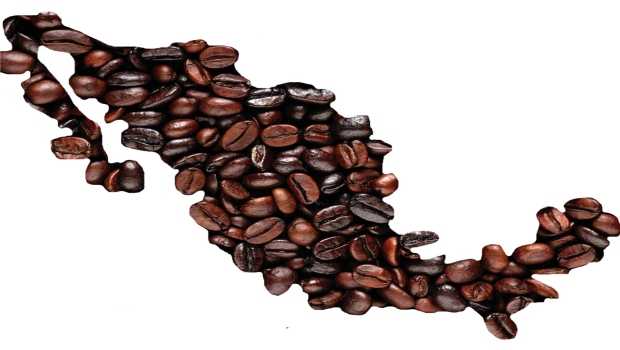This year, Central America’s coffee producers have been hit particularly hard, given the outbreak of coffee rust (a fungal disease that leads to plant defoliation), affecting coffee exports for MY 2013/14 and 2014/15.
Coffee production in Mexico has also been affected, albeit not to the extent of its Latin American neighbours, by adverse weather conditions, which have been ideal for the advancement of rust, according to the “Coffee Market in Mexico 2014-2018” report published by Infiniti Research.
Earlier this year, in an attempt to give support to domestic producers, the Mexican government announced the New National Coffee Policy.
This policy will include phytosanitary activities, a centre for research, innovation and technological development, a more extensive hedging program, and other incentives. Resources for this initiative are estimated at $52 million dollars.
Mexico also poses some challenges to players operating across multiple markets. For example, the government imposes import high duty rates, which apply to certain imports. These rates can range from 30% to 260%, while compensatory quotas can raise duties up to 500%.
On the other hand, many importers are eligible for advantageous treatment and special rates due to customs associations. Mexico is a signed up member of ten free trade agreements, most notable of these being the NAFTA, EFTA and the CFTA.
In addition, some preferences are provided in the form of import duty reductions relating to per-country bilateral trade agreements signed under the Latin American Integration Association (ALADI).
Planted and harvested hectares in Mexico have been on a slow downward trend for a number of years due to adverse weather such as freezing temperatures and atypical rainfall.
To know more about the report visit: http://www.companiesandmarkets.com/Market/Food-and-Drink/Market-Research/Coffee-Market-in-Mexico-2014-2018/RPT1266635.


















